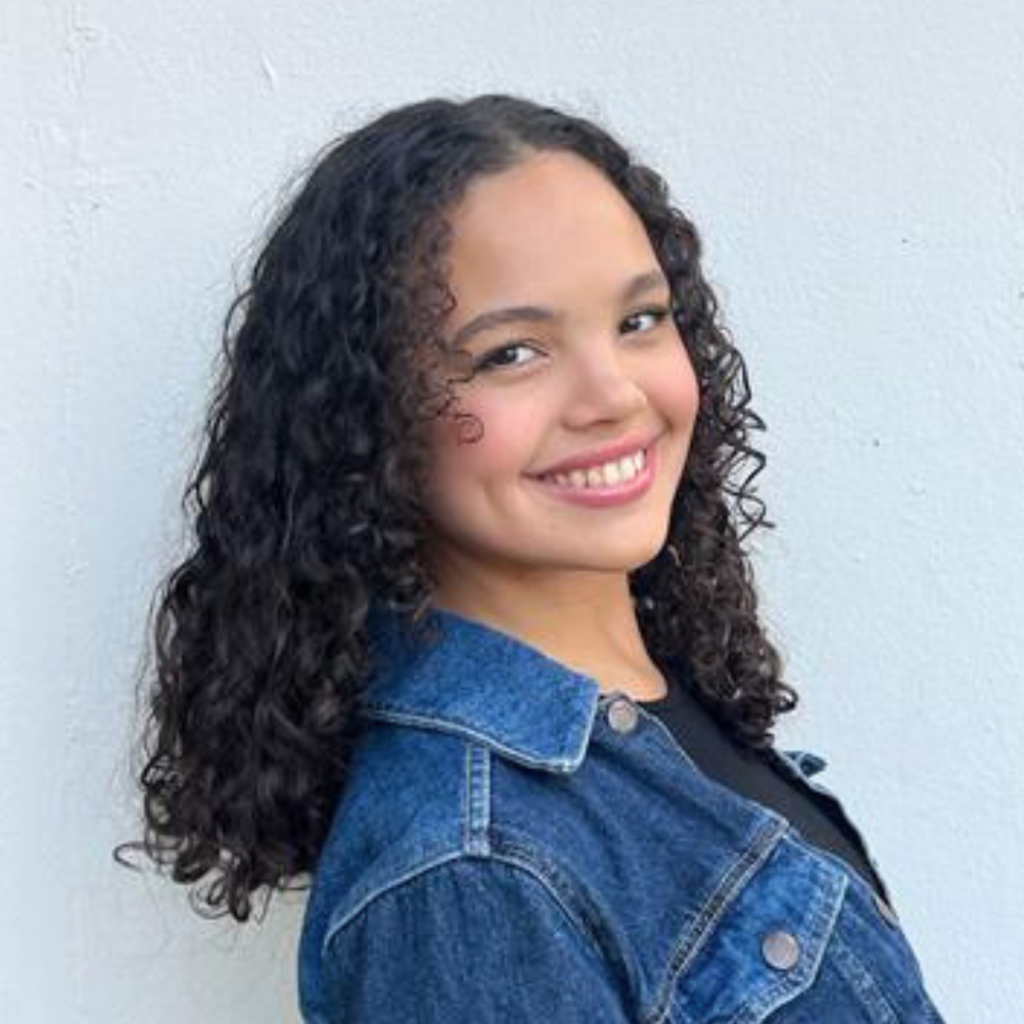By Jade Christiansen González
Fall 2023 and Spring 2024 Intern at Centro CRECE

This morning, I made the decision to rise to my 6:30 a.m. alarm, brush my teeth, and head to my 8:00 a.m. lecture. If I continue this routine every morning until the end of the semester, I will likely pass the class. But, if I decide to skip class, it will negatively affect my grade and academic progress. The choice is completely up to me; what leads me to choose one over the other?
An economic choice is picking from an array of possible options to obtain the best possible outcome while considering opportunity cost, maximization of benefit, and the resources involved. Every day, we make choices that define what the day will bring, like: what to eat, how to spend our money, or even what to say. The life you create for yourself is the sum of your choices, most of which are based on a cost vs. benefit consideration.
Many people view economics as an abstract concept far removed from reality. Economics, as defined in Economics in One Day by The Foundation for Economic Education, is the study of human behavior when choice is involved. The more conscious we are about the consequences of our choices, the more likely we are to fulfill our aspirations.
Evaluating your resources, desires, needs, and outcomes
In economics, individuals are driven to take action when they have unmet needs and they believe their action will help them get to where they’d like to be. Let’s say I wake up one morning and decide to revamp my wardrobe. When making an economic choice, I must first consider my resources. In this case, my budget determines how much I will spend on new clothes. To make the most of my new closet, I opt for versatile pieces that I can use year-round and that have a longer life than fast-fashion items. When we act impulsively and ignore the potential cost of our choices and actions, we often lack the information to make wise choices. For instance, if I avoid knowing my bank balance, I wouldn’t be able to manage my money, track my spending, set a budget for essential expenses like food and gas, or curate a new wardrobe, which was my initial objective. Considering our resources allows us to understand what we give up (cost) to gain what we want (benefit). In life, everything has a cost, and the sooner we realize it, the better.
The cost of everything
In economics, the maximization of benefit is crucial when making a choice. Our mothers often tell us to wear sunscreen every day, as it is the secret to youthful, healthy skin. Economic studies show that the better we understand the cost of our actions, the more likely we are to make the right decision. When we understand the severity of skin cancer and the harm of sun exposure, we are more inclined to spend a few bucks a year on sunscreen. In this case, the time dedicated to applying sunscreen and the money spent on buying the product is the cost of avoiding skin diseases and premature aging.
The right to make the right decision
I view life as choosing one of two paths: taking the easy way, which can lead to hardship; or enduring discomfort and discipline to achieve a goal that can make life easier in the future. The reality is that the sum of the minimal choices we make every day adds up to long-term benefit or detriment. The bottom line is choice, or the freedom to make the wrong decision and observe its consequences.
What choice means to me
In her book, The Nature of Government (1963), Ayn Rand stressed that it is in our nature to use knowledge to make decisions and guide our actions. This is only possible if we possess the freedom to choose. I see choice as my greatest superpower, as it gives me autonomy over my life and success. The small choices we make every day, the opportunities we create, and the people we interact with add up to long-term benefits. If we choose not to be victims of our circumstances and make the most of our resources, we will see opportunities where others can’t.

